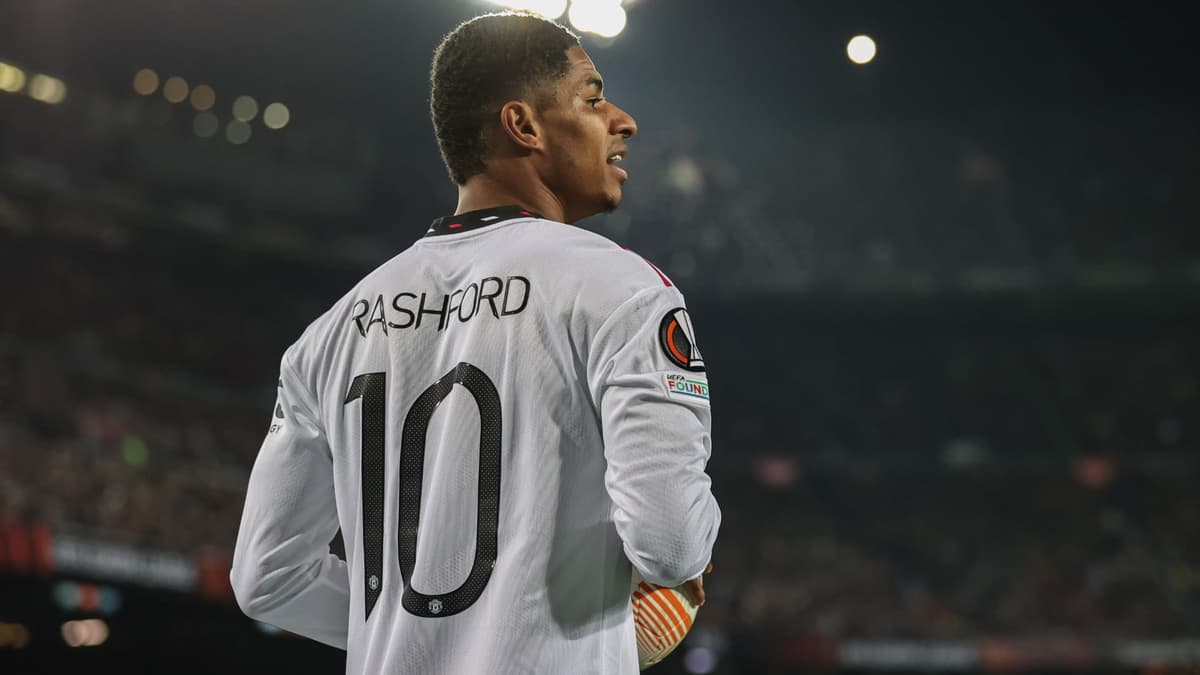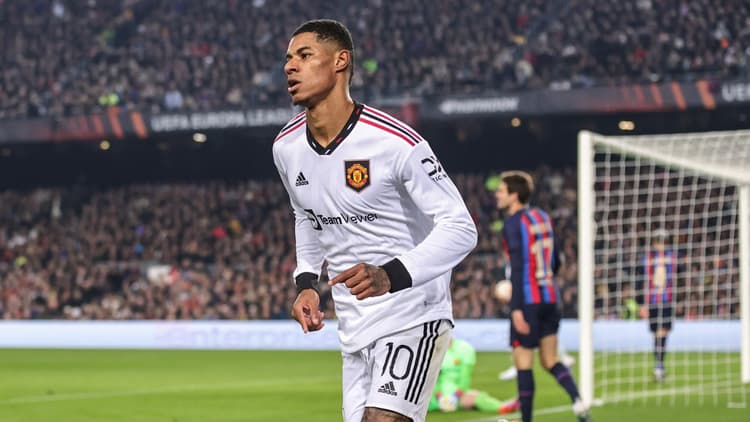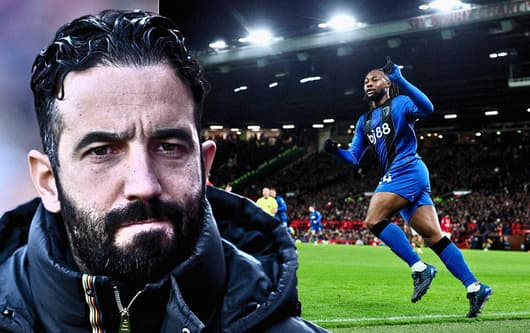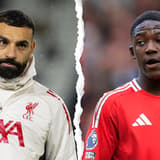-
News
- 9 minutes ago
Has Rashford been made a scapegoat for Man Utd’s failings?

There is an argument that Marcus Rashford has been made the scapegoat for Manchester United’s recent slump in form. There are other factors at play certainly, but after such a superb campaign in 2022/23, it’s natural to ask why the goals have dried up for the 25-year-old.
The attacker, who operates on the left flank in Erik ten Hag’s 4-2-3-1 formation, netted a career-best 30 goals in all competitions last term. And yet this time around he has just a single one. There is the notion that Erik ten Hag was reliant on a similar return this time around, hence the Dutchman asking the club to pay a potential fee of £72 million for Rasmus Hojlund, a player whose career is very much in its infancy.
Buying the young Dane always had an element of risk. As FootballTransfers reported before, Ten Hag had wanted Hojlund as well as one other, with Harry Kane being the key target for the No.9 position. We were told at the time that Kane was willing to make a Man Utd move, but similar to Kim-min Jae, the club were unable to raise the funds in time to secure him, Bayern Munich came in, and a deal was struck.
READ: Romano provides ‘matter of time’ Rashford update after poor Man Utd start
Ten Hag - or the recruitment staff in general - appeared to prioritise the more unnecessary deals before their biggest ones were made, withstanding Andre Onana. The waiting game bit the club’s hand once again, but going into the season it was believed that the dynamic of Hojlund, along with Rashford and even Jadon Sancho whom the head coach wanted to give one more season in the summer, would see the goals surely come in.
In 3006 minutes of Premier League action last season, Rashford scored 0.51 goals per 90 minutes. This has dropped, quite significantly, to 0.16 with 566 minutes played.
READ: EA Sports FC 24 player ratings: Top 100 players on the game
SciSports data shows that his numbers have fallen off elsewhere, too. His passes into the final third have gone from 1.56 to 1.11, while his recoveries have gone from 2.27 to 0.80. His volume of carries has also dipped but that could be something to do with the inclusion of Hojlund who’s comfortable to pick the ball up outside the box.
The forward’s SciSkill Development chart shows that Rashford has gone into ‘rapid decline’ over the past six months, reducing by a rate of -5.8 in that period. But it does not tell the full picture. Rashford has made a higher volume of shots this time around, striking 3.98 per 90 minutes instead of last season’s 2.96. His xG + xA/90 has increased, albeit by a minimal amount (from 0.47 to 0.59), and he is dribbling past opponents at a rate of 7.16 compared to 5.39.
Ten Hag must tinker


The numbers have suggested that Ten Hag has asked Rashford to be more direct in his play, shoot more, and push through opponents. The game against Crystal Palace in particular highlighted the response to this - the London club sometimes compacted Rashford with a cluster of three men. At times he was able to forge a way through, but typically when he reached the six-yard box, the ball was harried away. The new blueprint is clearly designed with Hojlund in mind - Rashford’s volume of cutbacks has almost tripled from the season prior - and he is finding himself in possession more on the flank than in the half-space.
Ten Hag has to find a way for Rashford and Hojlund to work in tandem rather than impeding each other's best attributes for the sake of helping one another. And this might take some time. Hojlund was never going to hit the ground running, but it again highlights how dangerous the Man Utd attack would have been with Kane there, Rashford’s England team-mate. Man Utd have two winnable games now to work on this, at home to Galatasaray and Brentford, to build confidence and telepathy on the front line - and it might be Ten Hag’s biggest test so far.



















